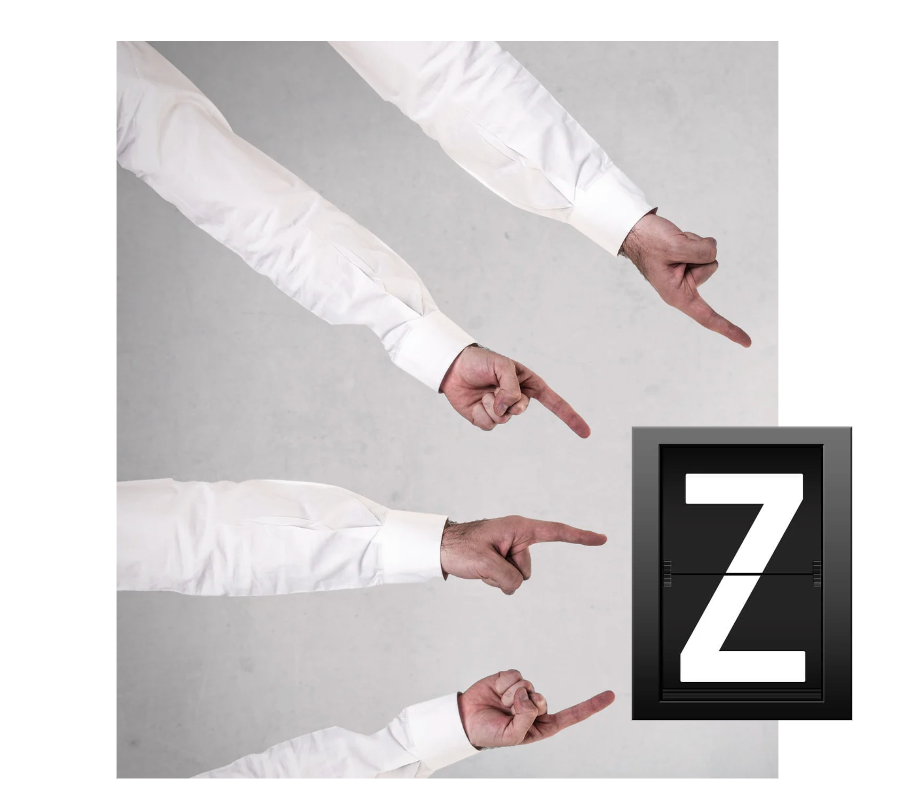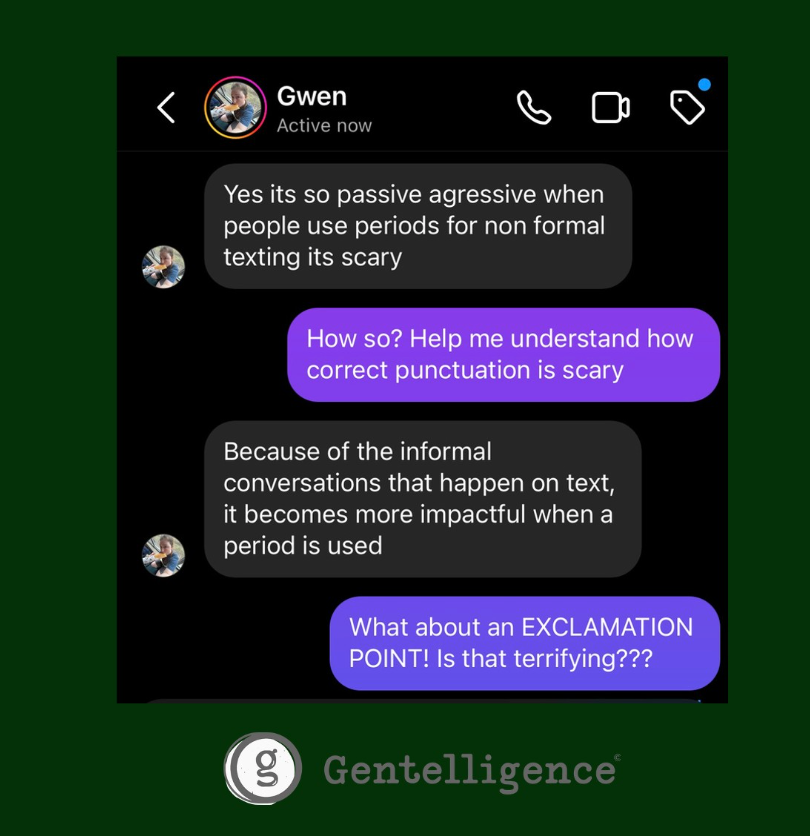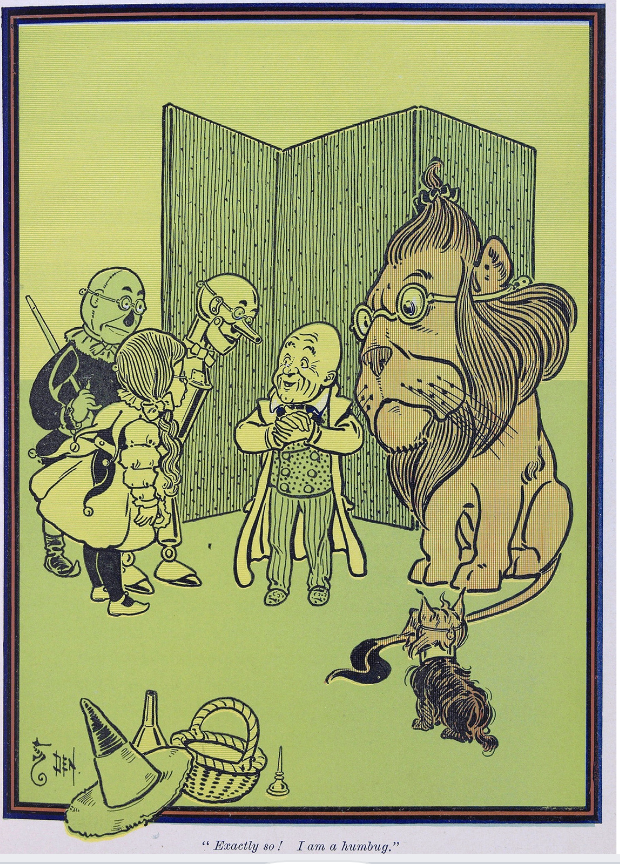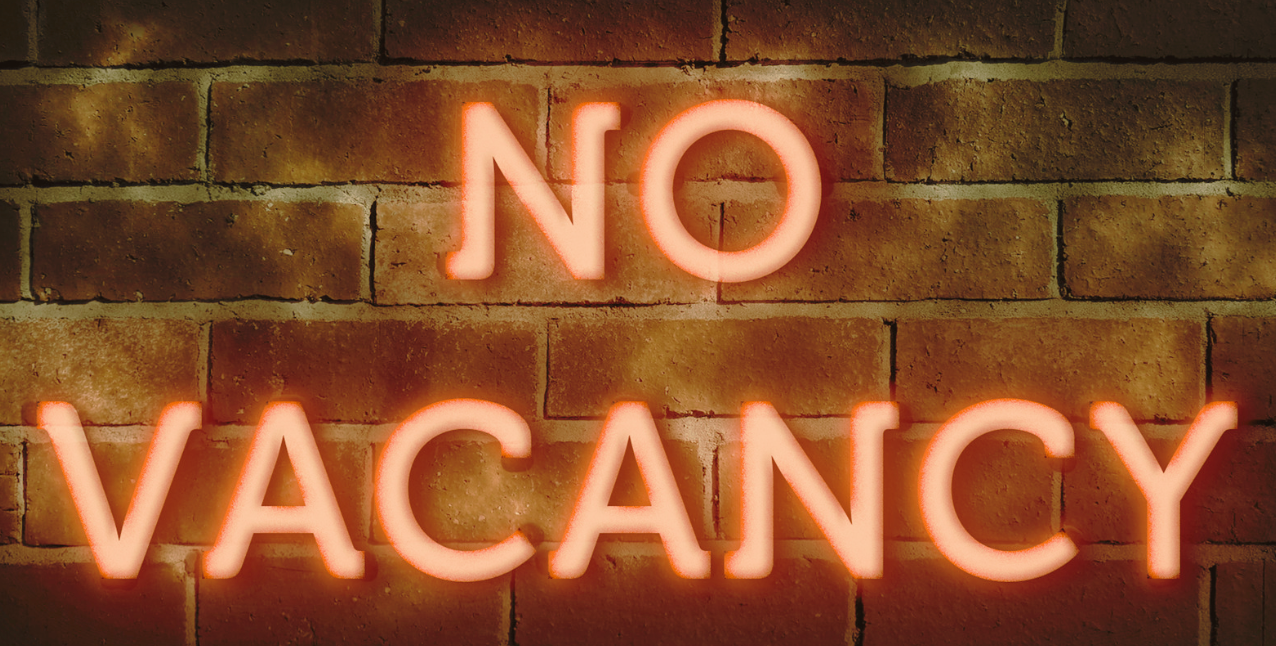Reframe: Say This, Not That When Navigating Generational Differences @ Work
Reframe: Say This, Not That When Navigating Generational Differences @ Work
You know I am on a quest to change how we see generational differences at work. The argument for why we need to do this is pretty clear: we’re losing talent across generations and career stages because they don’t feel their perspectives and unique life experiences are valued. It’s creating team dysfunction. It’s interfering with knowledge transfer (in both directions).
What is more challenging to grasp is how we change the dynamic. The clients I work with and the audiences I speak with want practical tools and tactics they can use today to start making progress. This year, I’ve developed a 96-page workbook full of exercises and activities (what will I do with this? Publish it? Carve it into 96 pieces and share each one here? Stay tuned). I’ve been relentless and restless, determined to develop new everyday nudges to create small wins.
My latest is a simple reframe, a tactic to help with our second Gentelligence practice, Adjusting the Lens. I try to avoid scripts, as there’s no one best way to lead or manage people, regardless of generation. But in the spirit of jumpstarting a smarter intergenerational conversation, I present a few Gentelligence phrases for you to try instead of judgment.
Instead of “These kids today can’t get their heads out of their phones. They are incapable of having a conversation.”
(I hear this at least once a week)
Try: “I’m fascinated by how attentive my younger employees seem to be to their phones. It’s so different than how I use mine.”
Instead of “This place is so old school, they force us to wait two years before we can even be considered for promotion. There’s no development opportunities here.”
Try: “I’m trying to learn why the timeline for promotion here takes two years. It seems long to me, but there must be a rationale I’m not understanding.”
Instead of “Gen Z has no work ethic.”
Try: “I’m struck by how Gen Z is prioritizing things like mental health and wellness and the boundaries they are putting up around work hours. It’s so different from what my generation did at their age.”
Phrases like:
I’m learning why…
I’m curious about…
I don’t quite understand yet…
are small but powerful nudges that set an entirely different tone for the conversation and express an interest in seeking understanding and context for things that don’t currently make sense to you.
Remember, generations are a form of culture. When we visit other global cultures, we do so because it’s fascinating, different, and enriching. Gentelligence is about taking that same mindset into your intergenerational interactions. I guarantee you’ll learn something.













